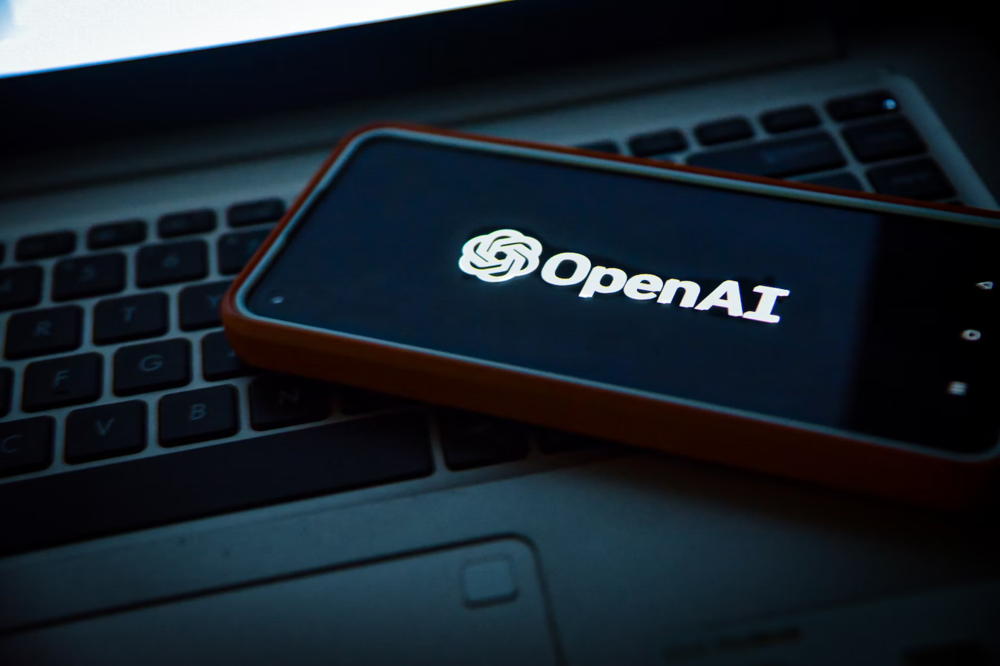

Image credit: Levart Photographer/Unsplash
A city in southern Brazil has passed a law written in 15 seconds in its entirety by OpenAI’s ChatGPT artificial intelligence (AI) chatbot.
The law’s sponsor, city councilman Ramiro Rosario, disclosed the fact that the text had been written by AI last week, six days after the law went into effect on 23 November.
The text had been vetted by several council committees and was passed unanimously by the 36-member body in October, The Washington Post reported.
“The first Brazilian law made exclusively by artificial intelligence is in force in Porto Alegre!” Rosario wrote on X, formerly Twitter.
Rosario, who describes himself as a tech enthusiast, said his constituents had asked for a law preventing them from being charged when the city-owned water meters were stolen.
He created the text using a brief text prompt: “Create a municipal law for the city of Porto Alegre, originating from the legislature and not the executive, which prohibits the Municipal Water and Sewage Department from charging the owner of the property for the payment of a new water meter when it is stolen.”
He said he was “astounded” at the result, which included a justification and eight subsections.
In addition to basic requirements, ChatGPT suggested setting a 30-day deadline for the city to replace stolen water meters and, if this was not met, exempting property owners from paying their water bills.
Such a text would ordinarily have taken him three days to draft and would have required meetings with Rosario’s team and legal sources, he told the Post.
“This was an unprecedented process of an AI-drafted bill that brought in suggestions that were in line with the principles and values of my mandate – I knew I had to sign it,” he said.
He submitted the text in June and the council’s legislative drafting branch made only minor changes to its wording to be in line with typical legislative style, according to the Post.
After finding out AI had been used to draft the law council president Hamilton Sossmeier initially criticised Rosario for setting a “dangerous precedent” but later told Associated Press he had seen that “unfortunately or fortunately, this is going to be a trend”.
ChatGPT and similar tools use a wide variety of sources and generates texts based on prior models that it has assimilated.
Their use is controversial in professional contexts due to issues such as the copyright status of the source material they draw on and the routine inclusion of false information.
Earlier this year a New York lawyer used ChatGPT to look up legal precedents for a case, or so he thought, only to find that the chatbot had invented several prior cases and had continued to falsely insist afterward that they were real.
American space agency prepares for testing of Boeing's Starliner, to ensure it has two space…
As UK and Europe develop closer military ties, European Commission says it will invest €1.3…
Zuckerberg seeks to revive Facebook's original spirit, as Meta launches Facebook Friends tab, so users…
Notable development for Meta, after appeal against 2021 WhatsApp privacy fine is backed by advisor…
First sign of shake-up under new CEO Lip-Bu Tan? Three Intel board members confirm they…
Trump's nominee for SEC Chairman, Paul Atkins, has pledged a “rational, coherent, and principled approach”…